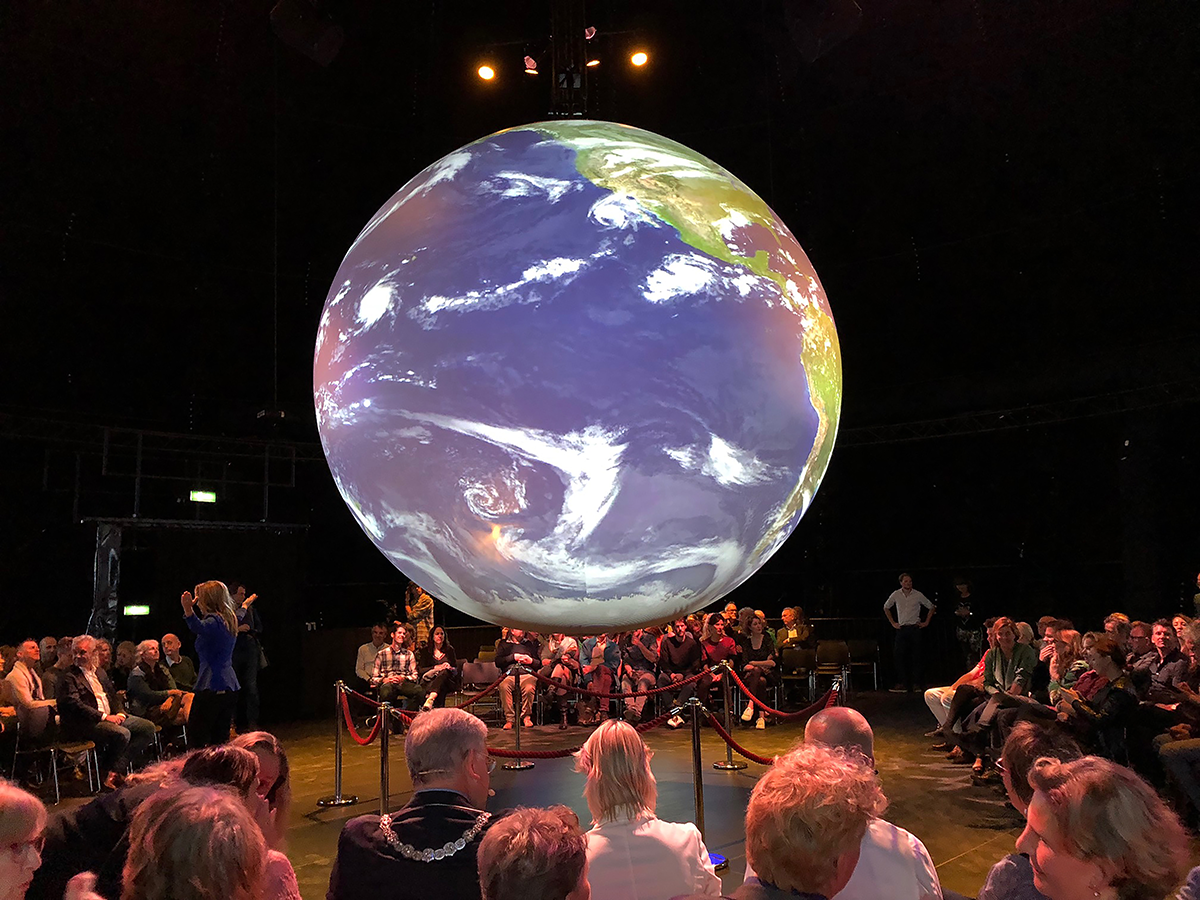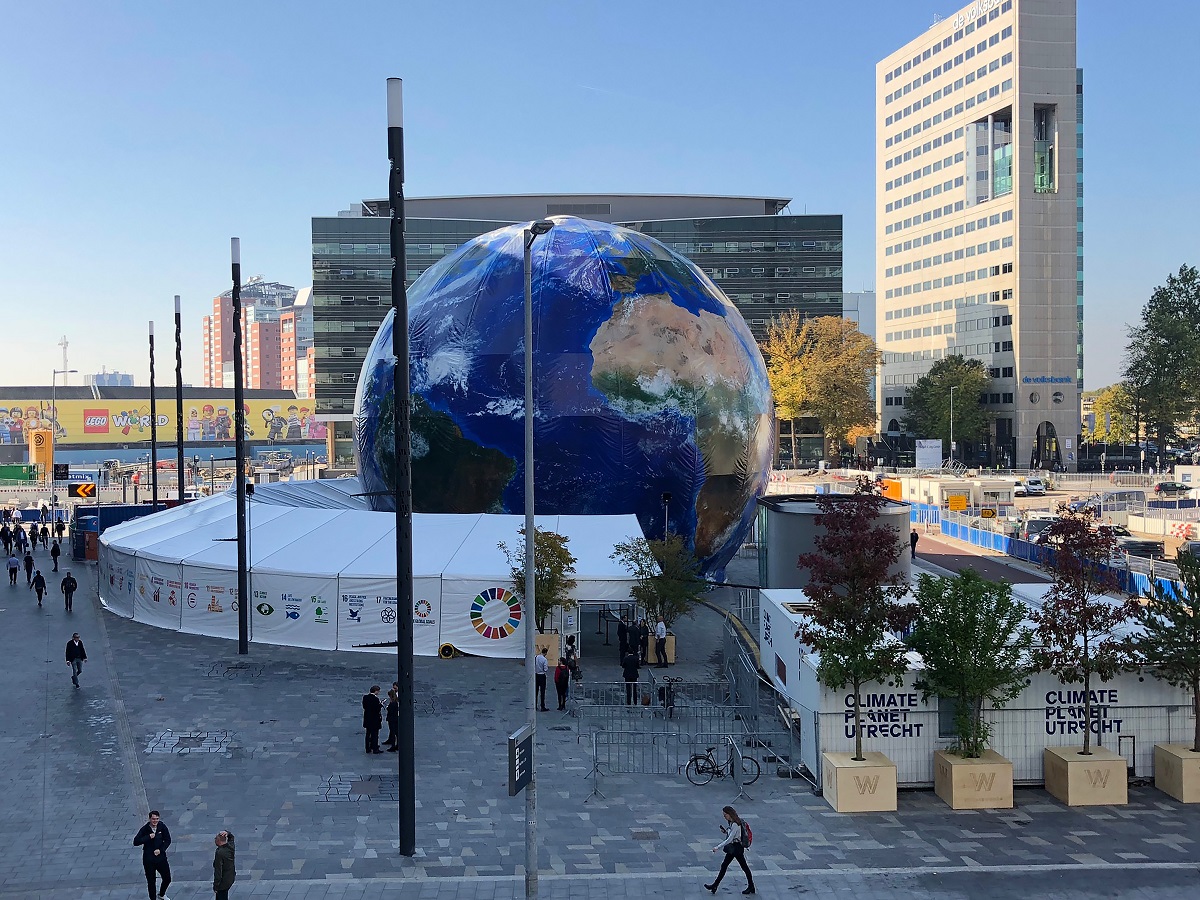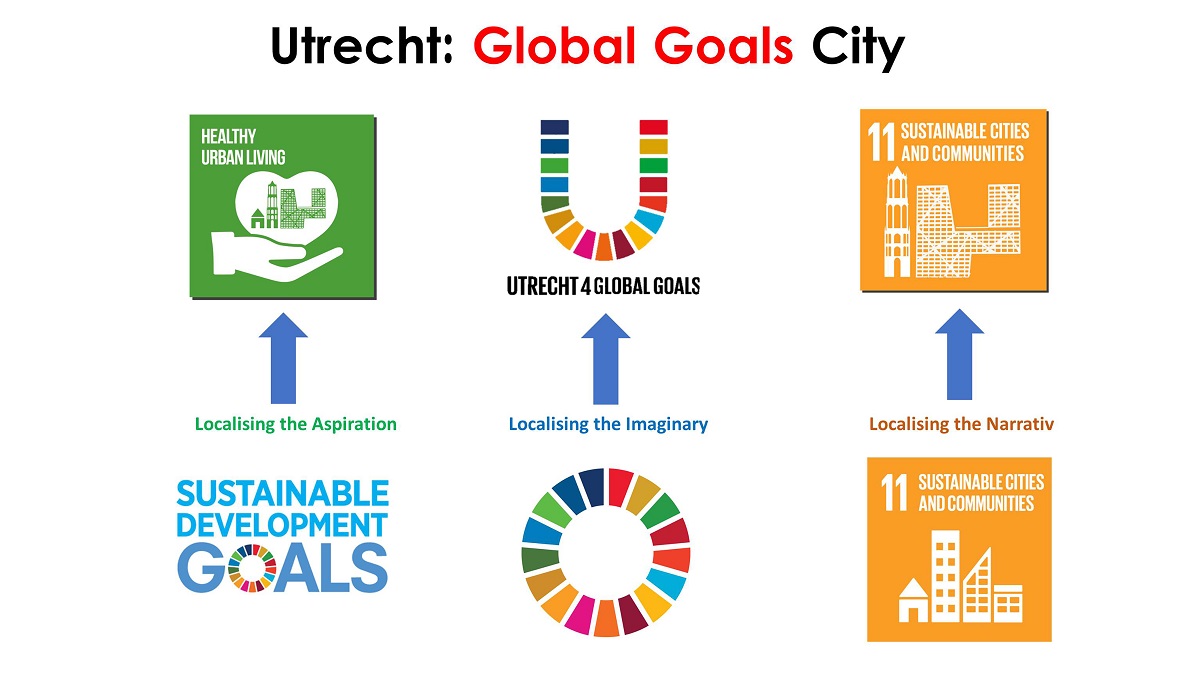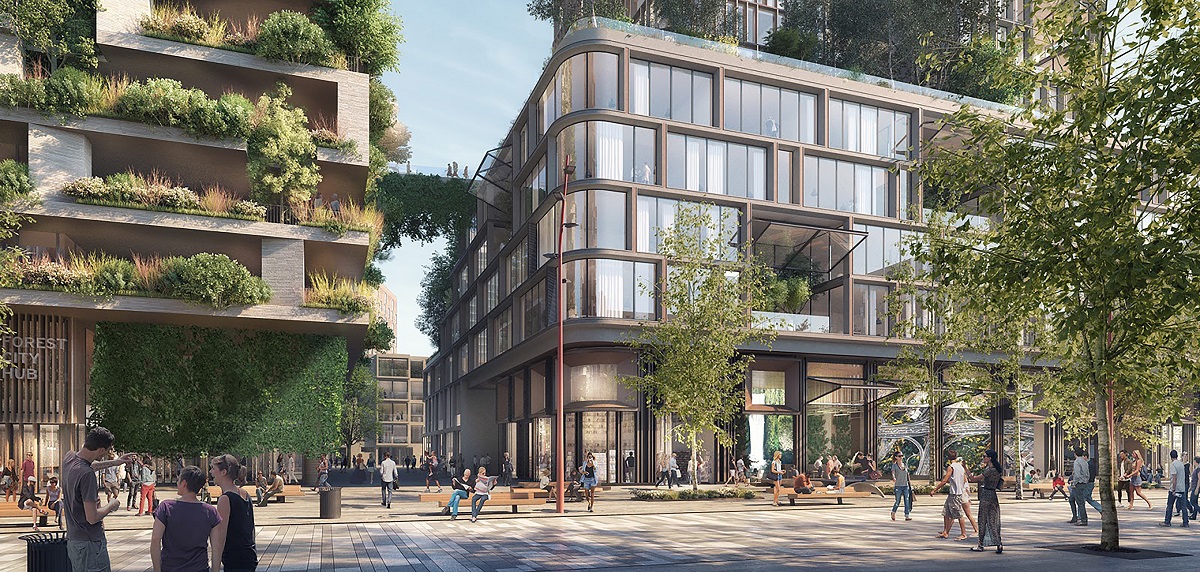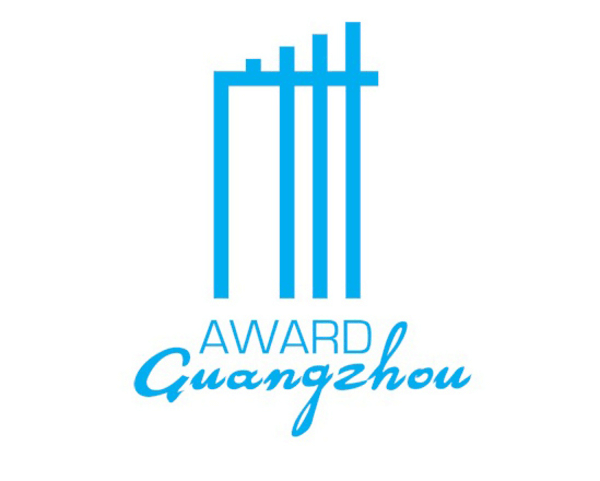Status
ongoing
50%
City
Utrecht
Main actors
City Government, Supranational / Intergovernmental Institutions, Private Sector
Project area
Whole City/Administrative Region
Duration
Ongoing since 2017
Localizing the SDG’s through multi-stakeholder partnerships
When the Sustainable Development Goals (SDGs) were initiated, Utrecht City Council confirmed its commitment by declaring Utrecht a “Global Goals City.” Facing growing urbanisation and sustainability challenges, Utrecht municipality views the SDGs as an opportunity to guide its mission to achieve healthy urban living for everyone. The approach to localize the SDGs focuses on two areas: Activating and cooperating with local stakeholders and connecting local initiatives and expertise with international developments.
To boost local SDG action and reach a broader audience, Utrecht municipality cooperates with the local foundation Utrecht4GlobalGoals. To stimulate responsible business conduct and investments to accelerate SDG achievements, the municipality partners with local businesses. Together, these public and private partners aim to reach the 350,000 citizens of Utrecht and inspire and facilitate them to take local and global action for the SDGs. Furthermore, Utrecht municipality is developing local SDG indicators to measure and track its own SDG performance.
Guangzhou Award
This project was shortlisted for the 'Guangzhou Award' in 2018.
Categories
On Map
The Map will be displayed after accepting cookie policy
